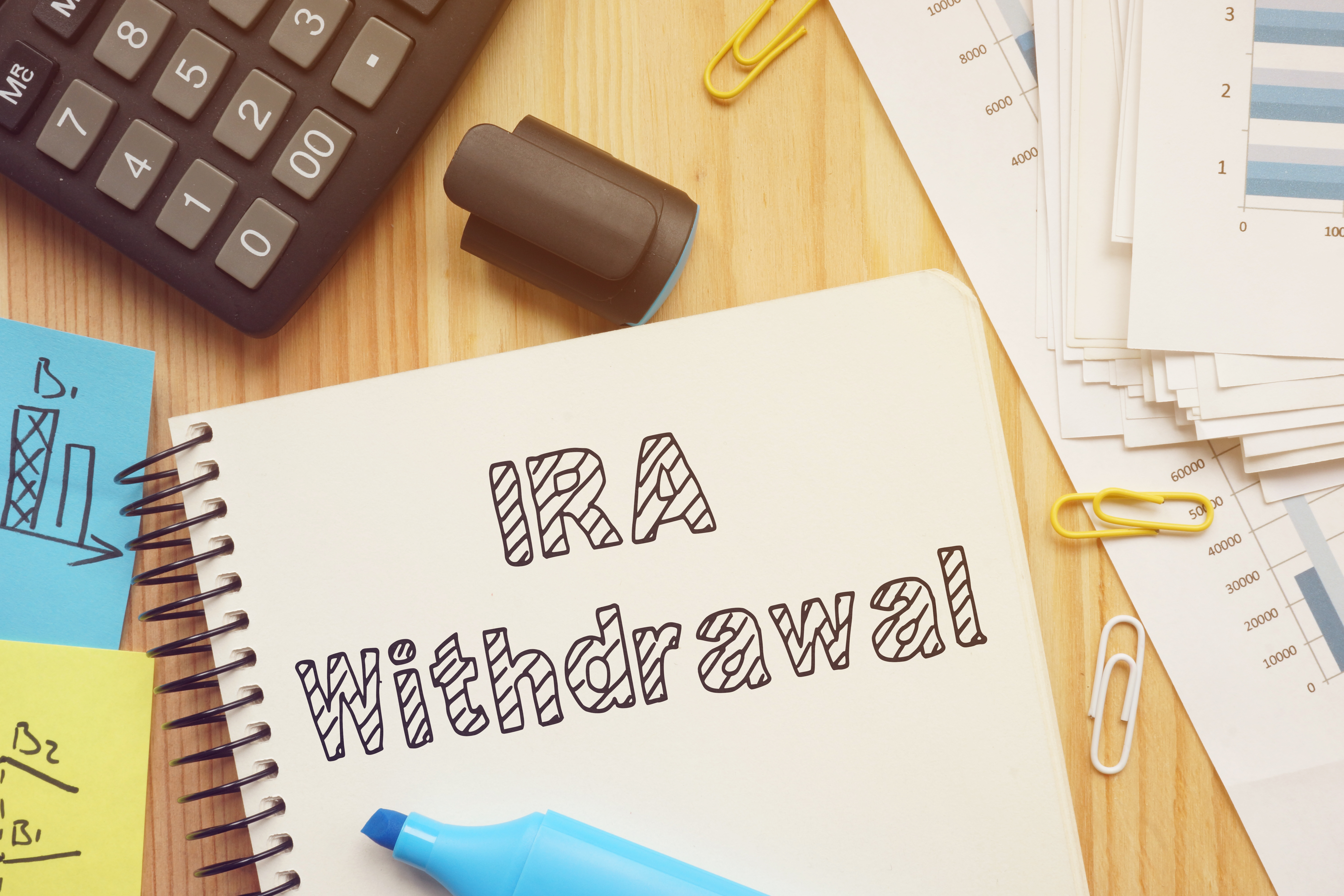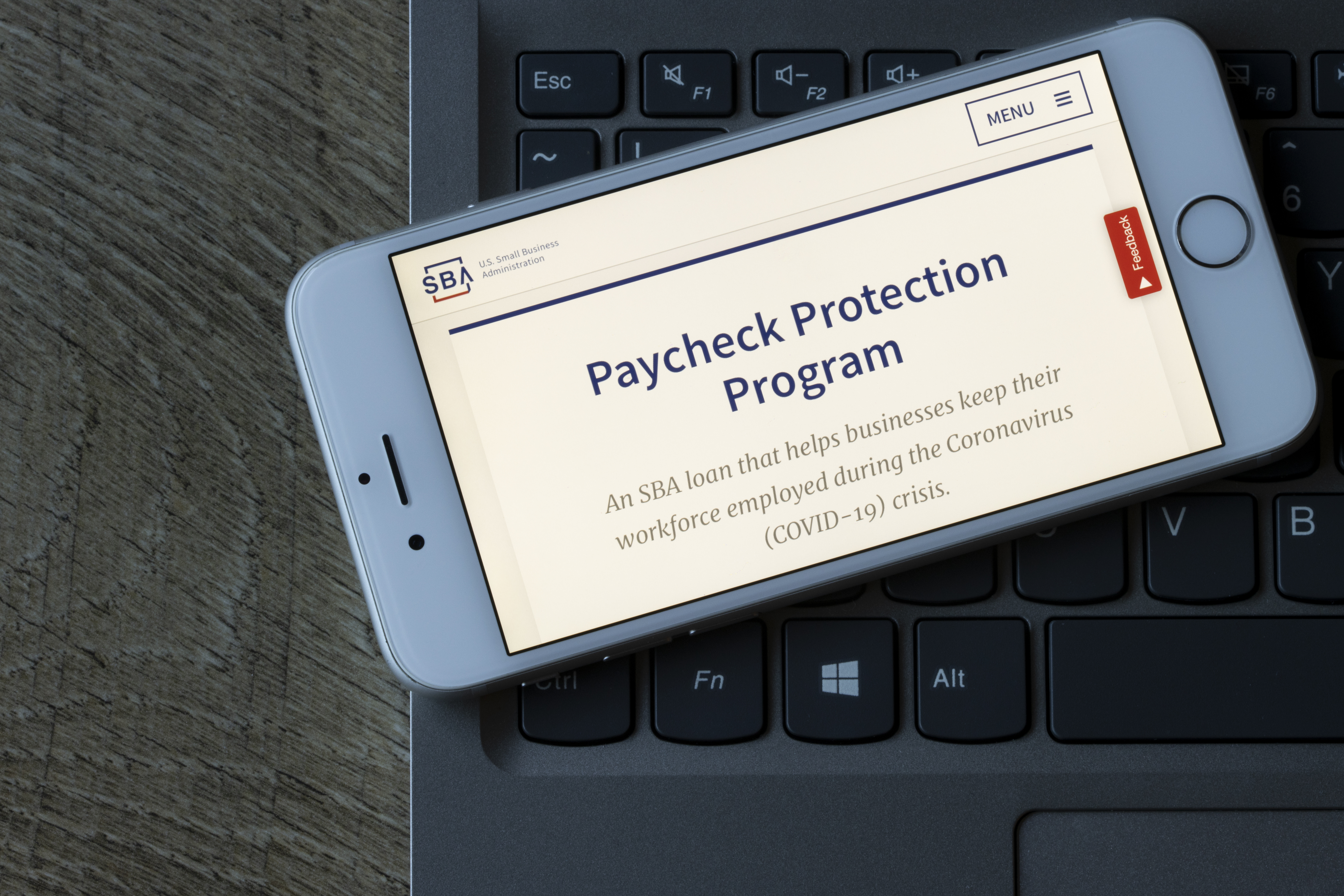The pandemic has changed the work landscape dramatically, and for many companies—as many as 70% according to a recent study—the massive transition to remote and hybrid work is here to stay. Remote work has many benefits for both employees and employers, but these benefits come with some major compliance requirements. With remote work policies varying from state to state, navigating key issues like tax compliance, workers compensation, payroll compliance, and insurance coverage can be complicated—especially when employees are working remotely in different states than the company’s headquarters location.
We’ve all seen the stories about bitcoin over the past few years—the triumphs and the pitfalls. For many investors, this cryptocurrency has raised a lot of questions and a lot of curiosity. Is bitcoin just a “scam” that will end in a meltdown? Or does it have the potential to revolutionize financial markets as we know them?
If you’re one of the many who are curious about bitcoin, read on for some of what you should know about the emerging world of cryptocurrency.
The use of a company vehicle is a valuable fringe benefit for owners and employees of small businesses. This perk results in tax deductions for the employer as well as tax breaks for the owners and employees using the cars. (And of course, they get the nontax benefit of getting a company car.) Plus, current tax law and IRS rules make it even more beneficial than it was in the past.
Generally, the IRS will impose a 10 percent early distribution penalty if you withdraw assets from your traditional IRA before the age of 59½. So, what would happen if you needed to tap into your IRA before then? Sure, you’ll have to pay income tax on the untaxed portion of the IRA. But are there ways to avoid paying that 10 percent early distribution penalty? Luckily for some, the IRS offers several exceptions to this penalty. Here are four of the most important ones.
With the rise of cryptocurrency, the IRS and US government have been faced with questions surrounding how to define, regulate and report this new form of currency. Federal banking regulators question whether cryptocurrency firms are in the business of banking, and according to the SEC, some, but not all, cryptocurrencies are considered to be securities.
The United States has taxed the estates of decedents since 1916, and gifts since 1924. With tax rates and exemption levels varying greatly over the last two decades, including recent changes with the Tax Cuts and Jobs Act (TCJA), I thought it would be helpful to outline some key forms and current thresholds relating to estate & gift tax.











